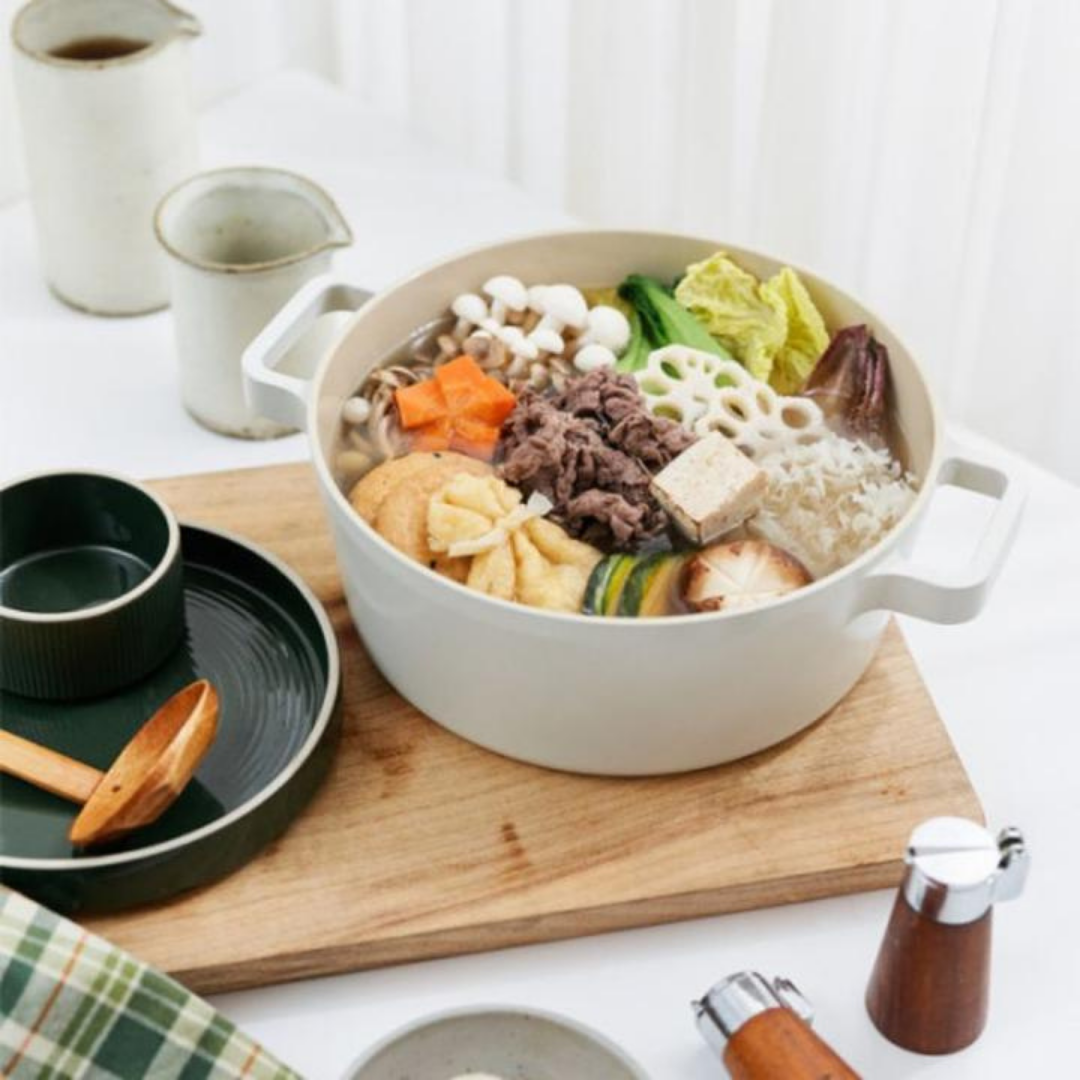
Cast Iron vs Ceramic Cookware: Which One Should You Invest In?
Share
If you’re on the hunt for new kitchenware, you’ve more than likely come across ceramic and cast iron pots and pans as your options. Both are excellent choices for your everyday cooking needs. However, cast iron and ceramic cookware have their pros and cons – one option may be better suited to your cooking needs than the other.
So which one is the better choice for you? Keep reading to learn more about the various features and pros/cons of cast iron and ceramic cookware.
Comparing Cast Iron and Ceramic
1. Durability
When it comes to durability, cast iron cookware always out beats its competitors. Cast iron is well-known for being passed down from generation to generation, given how long it can last. With the proper care, you may never need to repurchase a new cast iron pot or pan ever again.
In comparison, ceramic cookware doesn’t have the same durability levels as cast iron. It is prone to chipping and damaging if it is not stored or taken off correctly. However, if you can look after your ceramic cookware, you can expect it to last anywhere from 5 – 10 years.
2. Cleaning and Maintenance
One of the downsides to cast iron is rust. Since cast iron is metal, it’s prone to rust if you do not allow your pots and pans to completely dry. As such, there are specific cleaning instructions you must follow every time you wash your cast iron.
On the other hand, ceramic does not rust because it’s not made from metal materials. As such, you can soak your ceramic cookware in water without worrying about it rusting. Cleaning your ceramic cookware can easily be done with a simple hand wash.
3. Functionality in the Kitchen
Cast iron kitchenware can be difficult to use if you’re a beginner in the kitchen. Due to slow temperature changes, if you accidentally heat your cast iron to high temperatures, it’s nearly impossible to bring down the temperature quickly. This can ruin your food.
Ceramic cookware doesn’t have the property. You can simply take your ceramic pot or pan off the stove if you overheat it, and the temperature will adjust accordingly.
4. Heaviness & Weight
If you are used to using heavy cookware, you will be amazed by how lightweight ceramic cookware can be. Rather than the pure metals and metallic materials that are incorporated into cast iron cookware, the ceramic coating featured on ceramic cookware is made of clay and sand particles. Thus, allowing for generally less weight and easy maneuvering in the kitchen.
Cast iron cookware does not have this same property, and is known for being a much heavier alternative. The thickness of a cast iron cookware directly affects the pan’s weight, causing it to be heavier compared to ceramic cookware.
5. Non-stick Properties
You may run into a sticking issue when you cook with sauces on your cast iron. Many people recommend seasoning your cast iron, which means baking it with some oil before using it.
Ceramic cookware doesn’t require the same process. Naturally, the ceramic coating is non-stick. Regardless of the temperature or the foods, you're cooking with; ceramic cookware will still maintain its non-stick capabilities.
If you’re looking for durability, we recommend cast iron. If you’re looking for every day and non-stick cookware, we recommend opting for ceramic in your kitchen. FIKA has a wide array of ceramic pots and pans that you can use for your everyday cooking. Our simple and sleek designs add a touch of contemporary to your pantry while giving everything you need to whip up the perfect dish.
